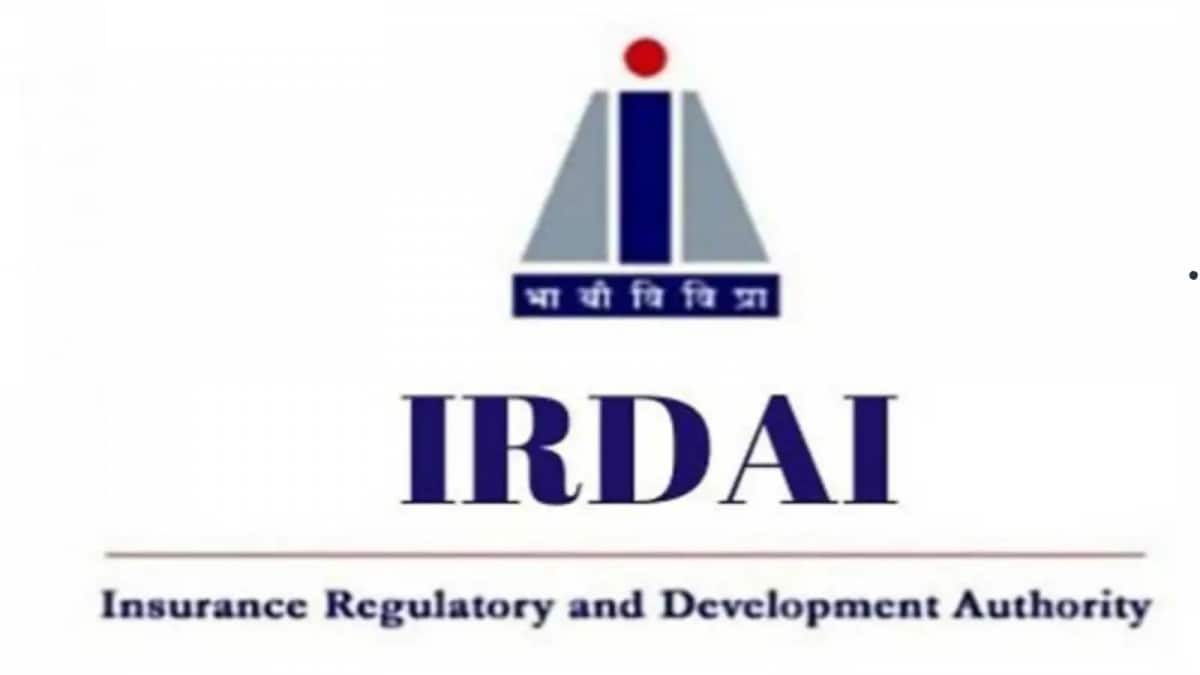Last Updated:
It aims to simplify the process of premium payments for life and health insurance, enabling policyholders to block the required amount in their bank accounts.
IRDAI announces BIMA-ASBA for premium payment.
The Insurance Regulatory and Development Authority of India (IRDAI) has introduced a new payment mechanism for policyholders known as Bima-ASBA (Applications Supported by Blocked Amount). It helps policyholders to block funds for premium payment via the Unified Payments Interface (UPI).
It aims to simplify the process of premium payments for life and health insurance, enabling policyholders to block the required amount in their bank accounts.
The funds remain in their accounts until the policy is issued, ensuring a seamless transaction without an immediate debit. It will become effective from March 01, 2025.
How Bima-ASBA Works
Once the fund is blocked, it will be transferred only after the issuer issues the policy. Customers can authorize insurers to block a specific amount in their bank accounts via a one-time mandate (OTM) through UPI. Funds can be unblocked if the insurance proposal hasn’t been accepted in time.
Step-by-Step Process of Bima-ASBA via UPI
Choosing Bima-ASBA: Policyholders should select this option when applying.
Fund Blocking: The insurer, through its partner bank, requests the bank to block the premium amount.
Consent and Blocking: The bank obtains the policyholder’s consent to block the funds. Once approved, the insurer is notified.
Waiting Period: Blocked funds remain in the account, potentially earning interest, but are unusable until the insurer’s decision.
Payment upon Approval: If approved, the insurer requests the bank to transfer the blocked premium.
Refund on Rejection/Cancellation: If rejected or canceled, the blocked funds are returned in full.
If the application isn’t processed within 14 days, the partner bank automatically unblocks the funds.














































